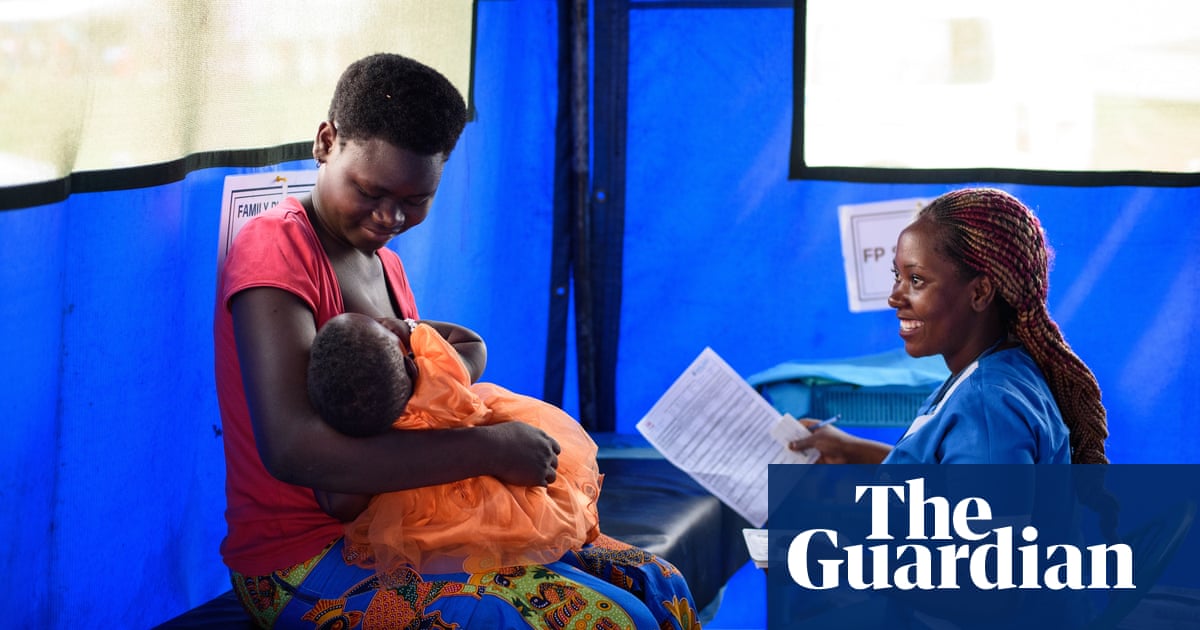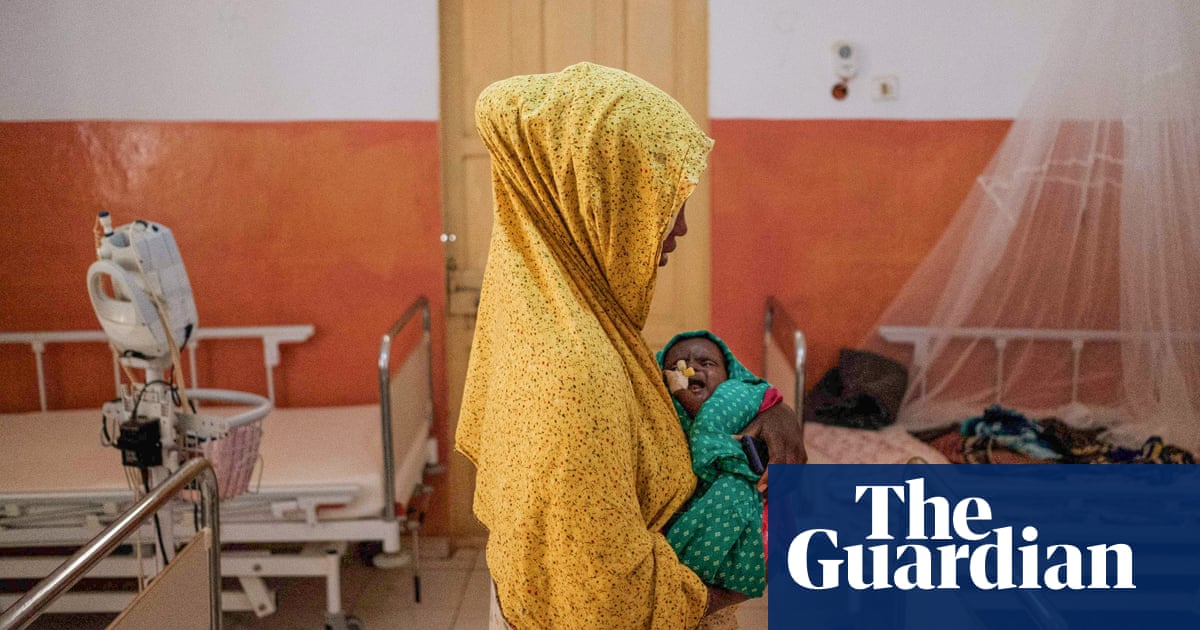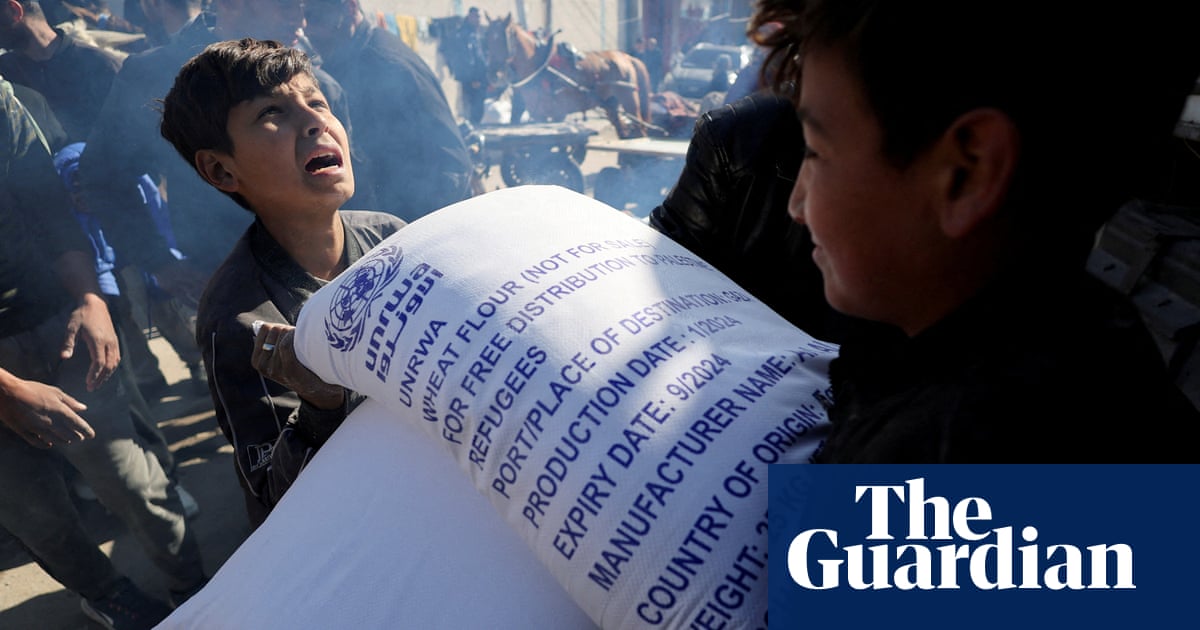
Cutting the UK’s overseas aid budget will result in a significant number of children dying “with negative impacts lasting generations”, the Royal College of Paediatrics and Child Health has said.
Joining a chorus of voices opposing the reduction of overseas aid funding from 0.7% to 0.5% of Britain’s gross national income, the RCPCH said the evidence was overwhelming that aid helped children’s health and any reduction would have far-reaching consequences.
“We call on the government to keep its promise to the world’s poorest children to spend 0.7% of gross national income on foreign aid,” it said in a joint statement with the International Child Health Group, a speciality group within the RCPCH.
“The collateral impact of the Covid-19 pandemic is causing severe disruption to preventive and curative health services in the poorest settings, particularly for children. Estimates suggest that more than a million excess child deaths could occur as a result. To reduce our commitment further, just as global needs intensify, will result in significant further loss of life, with negative impacts lasting generations.”
The former prime ministers David Cameron and Tony Blair, sitting MPs, charities and aid experts have all condemned the cut, announced by the chancellor, Rishi Sunak, in last month’s spending review, despite the 0.7% commitment being a manifesto promise and having been enshrined in law in 2015.
The positive impact aid could have was demonstrated by research showing that a 1% increase in health aid reduces infant deaths by 2.6% in sub-Saharan Africa, and that for every additional aid dollar allocated to malaria control, the rate of child infection and death falls, the RCPCH said.
Global child mortality had fallen by more than half over the last three decades, substantively supported by increases in aid funding, but the death toll remained bleak, it said. Around 15,000 children die each day from conditions which are avoidable or preventable. Around 2.4 million babies died within the first month of life in 2019.
The RCPCH said: “In the rich world, we are largely insulated from the horror of children dying needlessly. These rates of death are neither inevitable nor natural.”
It said healthy child development was associated with stronger economic growth, which enabled poor countries to become less aid-dependent, and to take on the funding of their own development.
Echoing warnings from many groups that women and girls would be hit the hardest, the RCPCH said aid reduced adolescent births and supported reduction in gender inequalities, helping women to deliver babies safely, care for newborns, and nurture their families.
“Put simply, aid saves children’s lives and can set them on a path to life-long health,” the statement said. “Without doubt, aid should be closely scrutinised and used to achieve maximum benefit; aid should be able to show ‘value for money’. Saving children’s lives is an imperative – a moral act and one of the best and most effective investments for future global growth.”
A Treasury spokesperson said: “We will continue to protect the world’s poorest. The UK is one of the highest aid donors in the G7 and next year we will spend £10bn on overseas aid.
“Through our £1.65bn funding over five years for Gavi, the vaccine alliance, we are supporting the immunisation of nearly 75 million children in the world’s poorest countries.
“We intend to return to the 0.7% target when the fiscal situation allows.”












